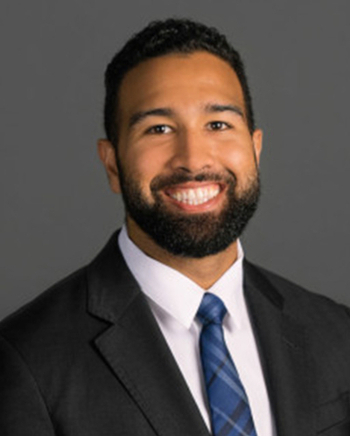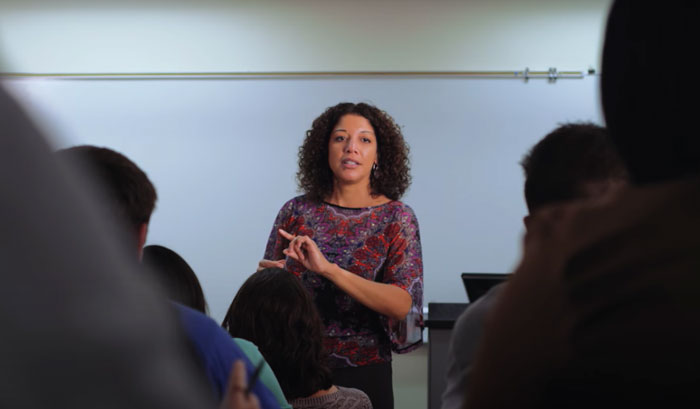Earn a Prestigious Law Degree Without Missing a Beat
The Shepard Broad College of Law at Nova Southeastern University has a long tradition of providing an exceptional legal education to working students. Our part-time J.D. Program allows you to balance your personal and professional commitments with evening courses. Work closely with peers from federal government agencies, law firms, trade associations, and other organizations, most of whom are working or parenting full time.
While NSU Law’s part-time program is designed to fit your life, it is as rigorous and transformative as its full-time counterpart. Our immersive 360-degree experience includes pioneering simulations and clinical and externship courses. Learn from faculty who are leaders in the legal field and offer individualized attention to enhance your curriculum experience. In four years, you will have earned the tools you need to advance your career—and your level of impact in the world.
Fast Facts
Quick Facts
Use the Law as a Tool to Create Meaningful Change
In the part-time J.D. program at NSU’s Shepard Broad College of Law, you will develop the knowledge, skills, and values to become a trusted, confident, and accomplished lawyer respected for serving your clients, your community, and the cause of justice. This program works best for students who work and/or parent full-time. If you do not have a full-time schedule of commitments, consider our full-time program.
Enhance Your Degree with a J.D. Program Concentration
Entrance Requirements
You must have an undergraduate degree from a regionally accredited college or university—or the foreign equivalent—by the time our fall semester begins. While no pre-law undergraduate course of study is necessary, your transcript should show courses that are challenging, rigorous, and help develop critical skills needed for success in law study and practice.
NSU Law Builds Success
NSU Law offers a broad range of curricular opportunities that can prepare you for a diverse array of legal careers.
Graduate Spotlight
I have made these amazing connections here and I don’t think that I would be successful without them. The people that I have met here have changed my life.”
BRYAN SIDDIQUE, J.D. '19

Application Checklist
Ready for the Next Step?
For Students Educated in China
Documentation
If you were educated in the People’s Republic of China, you must submit official degree certificates (zhuanke, bachelor’s, master’s, etc.) and graduation diplomas in Chinese for all programs undertaken, along with a complete and literal English translation.
Document Submission
All documents must be submitted to LSAC. Your issuing institution must submit your official college or university academic record (transcript) in Chinese showing all courses and grades for all years of study. You must also complete and submit a literal English translation. The academic record must be issued by the institution’s central administrative office responsible for preparing and verifying official student records. Documents issued by an individual academic department or by a notary public are not considered official.
For Students Educated in Cuba
If you were educated in Cuba, LSAC requires you to follow this two-step procedure to submit transcripts.
- Request Consultoria Juridica International (CJI) to send the following official documentation to LSAC via DHL express mail. Certificacion de notas y certificado de titulo issued by the university in Spanish and legalized by CJI, along with a CJI English translation of this documentation.
- Send LSAC a copy of your original Certificacion de notas y certificado de titulo as originally issued by the university.
Access to World-Class Alumni Network
Through Our Mentoring Program
The NSU Law Mentoring Program offers current law students and law alumni alike the chance to network with one another. Current law students, or mentees, have the unique opportunity to learn from law alumni and local attorneys in the practice field that most interests them.


